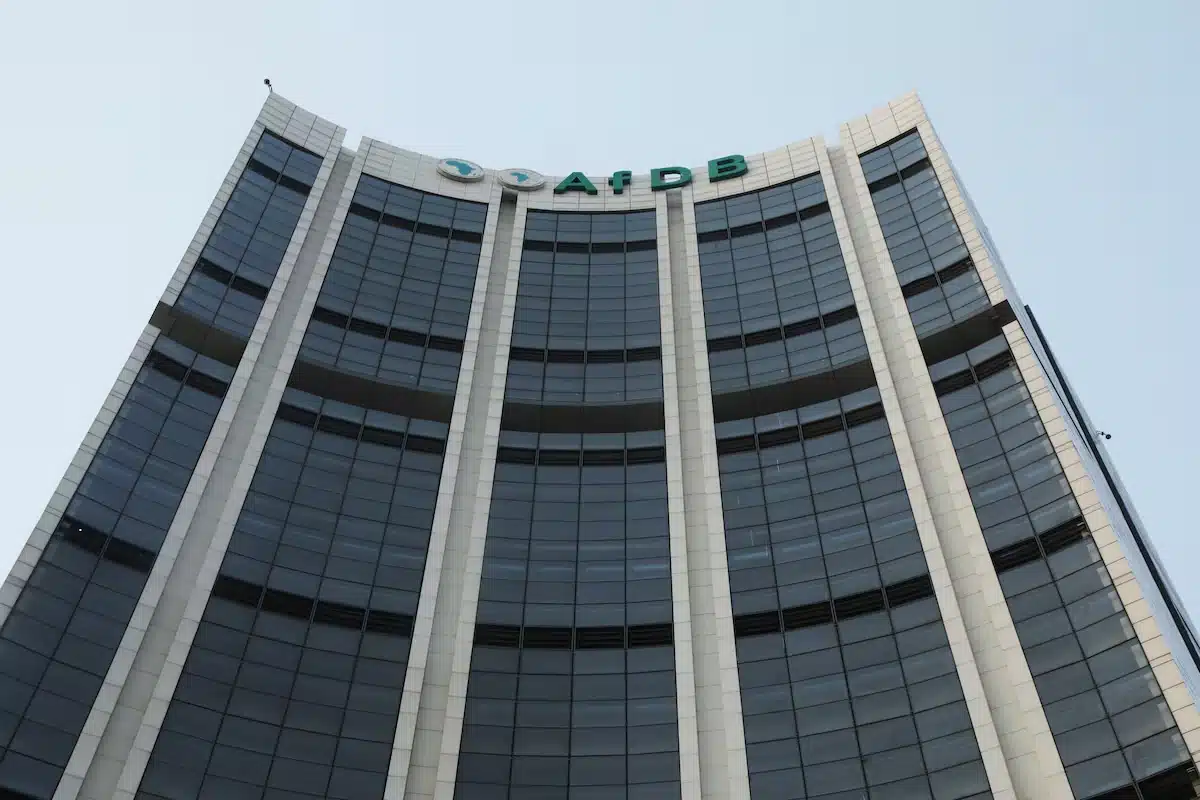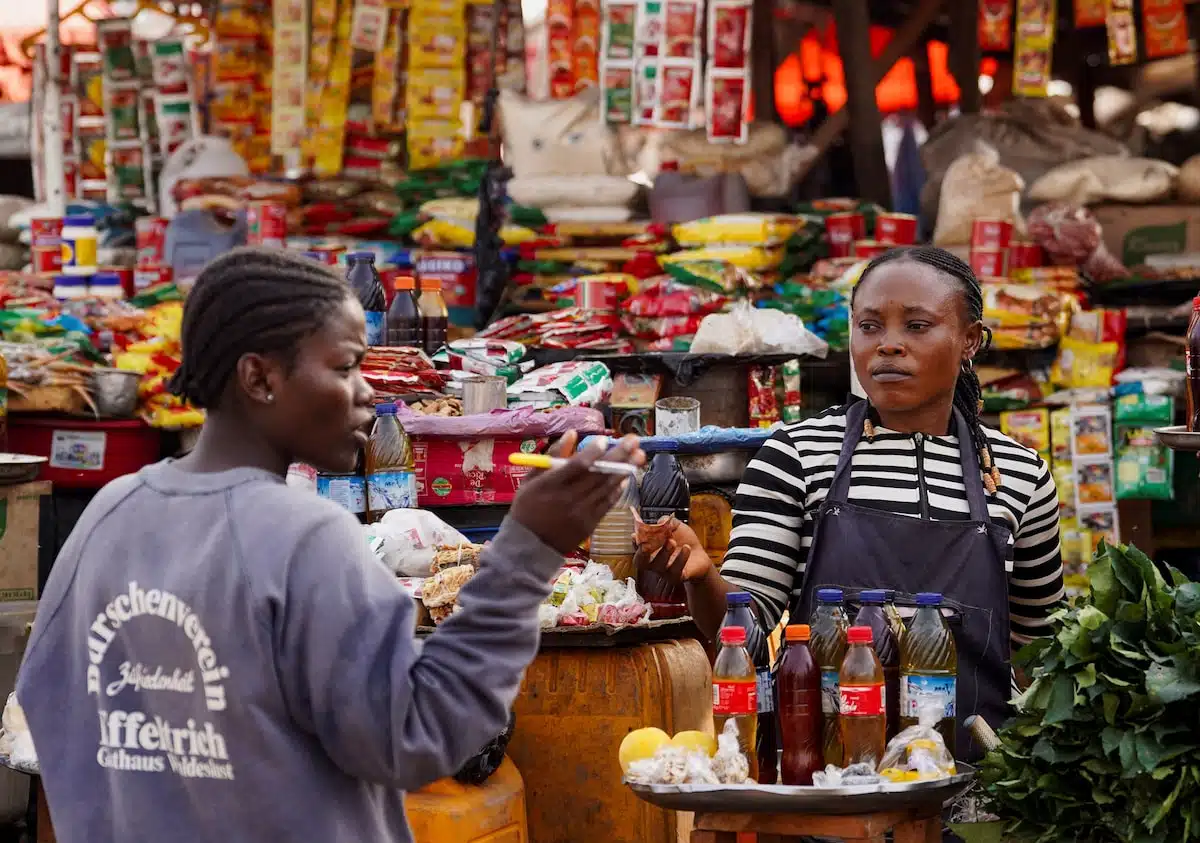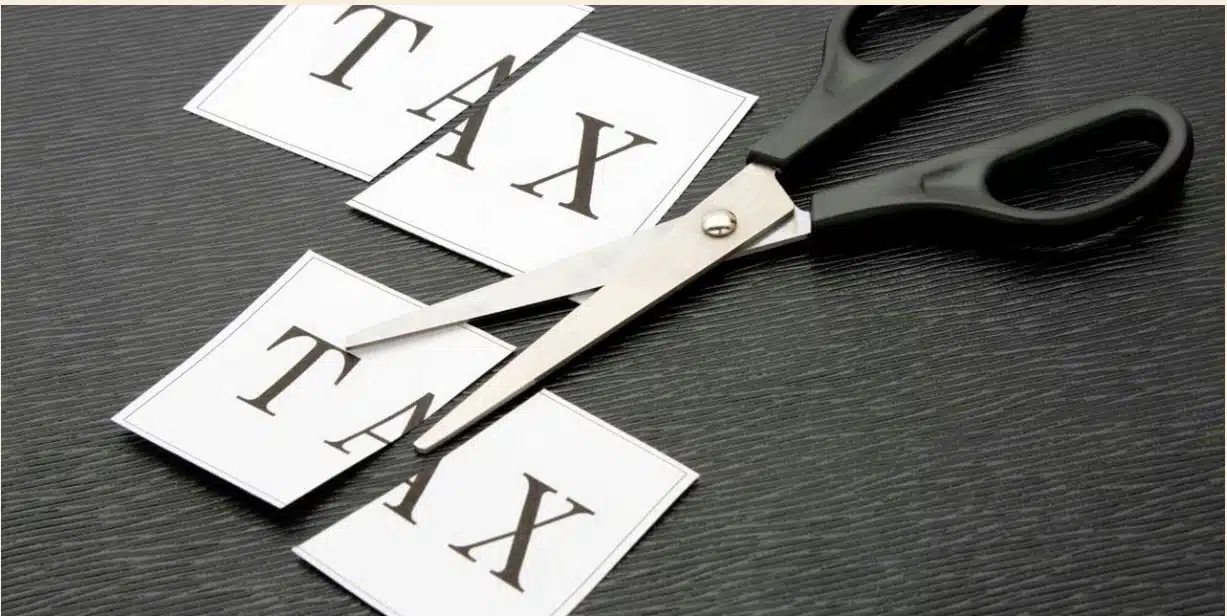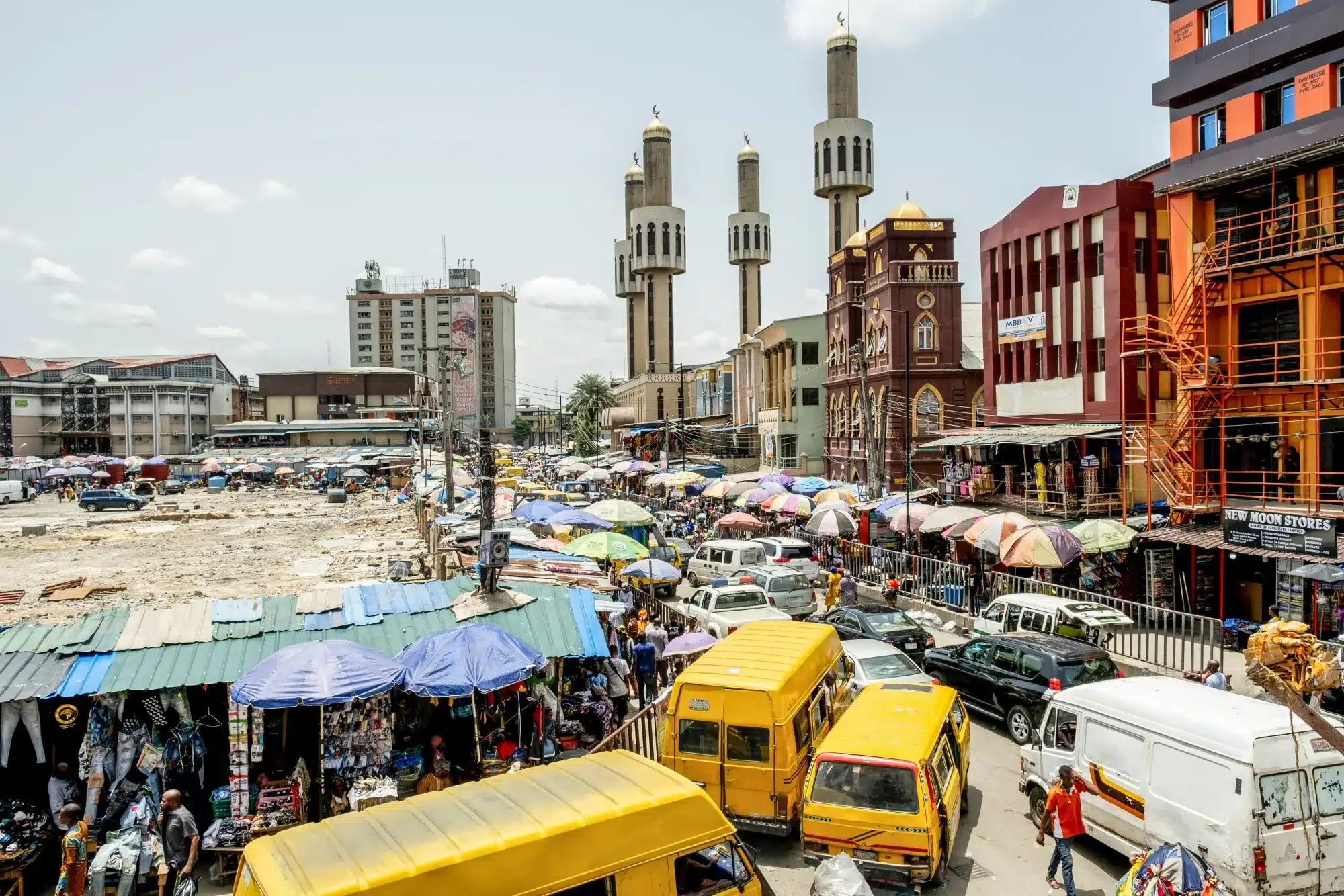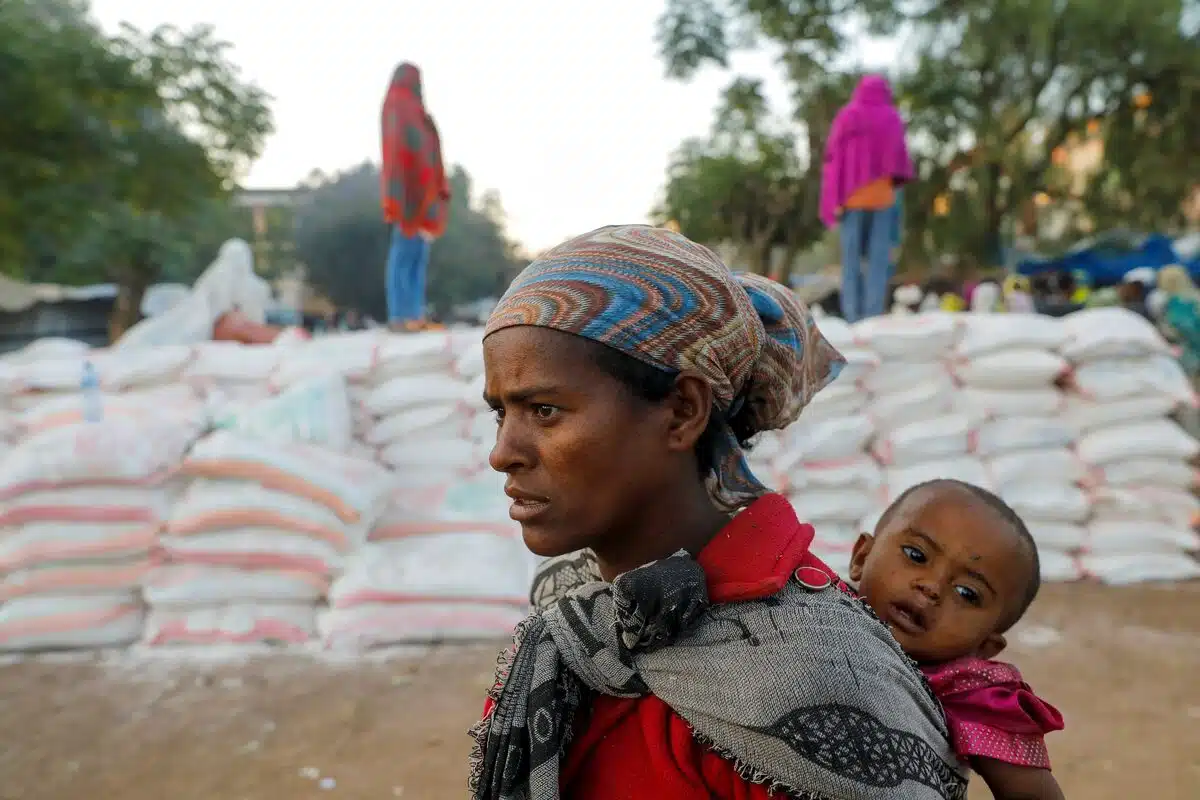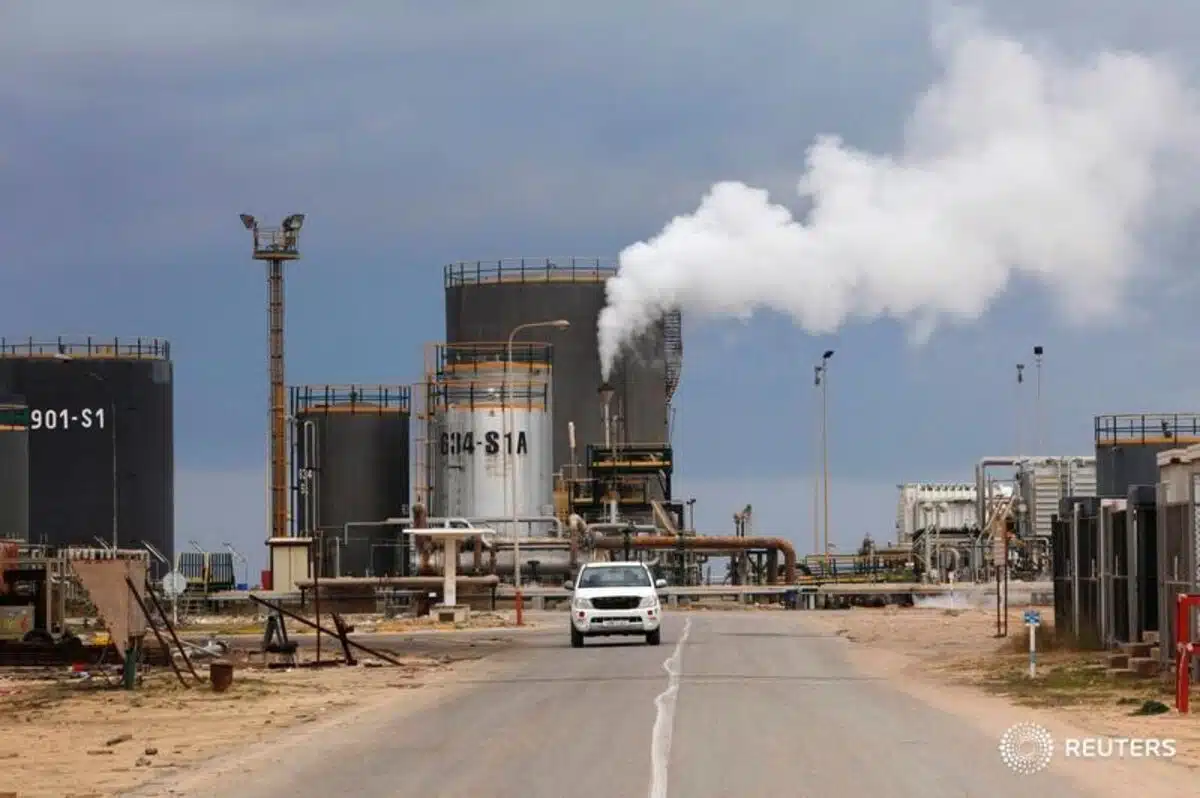The African Development Bank (AfDB) has approved a $474.6 million loan facility to South Africa to address infrastructure bottlenecks in its energy and transport sectors and accelerate its transition to a green economy.
For more than a decade, Africa’s most industrialised economy has faced rolling blackouts, collapsing rail networks and congested ports — issues that have dragged down growth and hurt key industries such as mining and automotive manufacturing.
The loan is part of the Infrastructure Governance and Green Growth Programme (IGGGP), aimed at reforming the power sector, improving transport efficiency, and supporting green industrialisation.
“This programme builds on the success of the $300 million Energy Governance and Climate Resilience Programme, approved in 2023, which delivered key reforms that bolstered financial stability and increased renewable energy capacity,” the AfDB said in a statement on Tuesday.
It also forms part of a broader $2.78 billion financing package that includes $1.5 billion from the World Bank, €500 million or about $589 million from Germany’s Kreditanstalt für Wiederaufbau (KfW), up to $200 million from Japan International Cooperation Agency (JICA), and a planned $150 million from the OPEC Fund. The World Bank approved its portion in June.
The AfDB facility is expected to drive the restructuring of South Africa’s power sector, boost low-carbon energy development and unlock key reforms in freight and logistics.
The programme supports South Africa’s updated climate targets under the Paris Agreement, which aim to cut greenhouse gas emissions to between 398 and 510 million tons of CO₂ equivalent by 2025, and between 350 and 420 million tons by 2030.
“Our country faces the significant challenge of energy shortages, leading to loadshedding, as well as significant transport bottlenecks, which have been detrimental to growing our economy and achieving our developmental aspirations,” said Finance Minister Enoch Godongwana.
“With your partnership, our government has committed itself to stay the course and implement these critical reforms in the energy and transport sectors, while endeavouring to achieve our international commitments on climate change and our JET objectives,” he said.
According to the AfDB, the IGGGP will also support plans for electric vehicle manufacturing and green hydrogen production. The loan includes targeted grants for energy efficiency and rail sector reforms, particularly the vertical separation of operations and creation of a new investment framework.
These reforms are expected to enhance South Africa’s transport competitiveness and deepen regional integration across the Southern African Development Community (SADC).
“This approval represents more than financing — it’s a blueprint for Africa’s energy future,” said Kennedy Mbekeani, AfDB’s Director General for Southern Africa. “South Africa’s success in building a just, green, and inclusive energy system demonstrates that sustainable development and economic growth can go hand in hand.”
The International Monetary Fund (IMF) estimates that South Africa’s Just Energy Transition (JET) could raise annual economic growth by 0.2 to 0.4 percentage points between 2025 and 2030.
The country’s economy grew by just 0.6% in 2024, slightly down from 0.7% in 2023, with analysts attributing the weakness to sluggish consumer spending, poor logistics, and a severe drought that hit agricultural output.
As an advanced economy and regional power hub, the AfDB sees South Africa’s energy transition as a potential model for other African countries.
Its experience integrating renewable energy, modernising the grid, and implementing just transition policies is expected to offer critical lessons for the rest of the continent.

